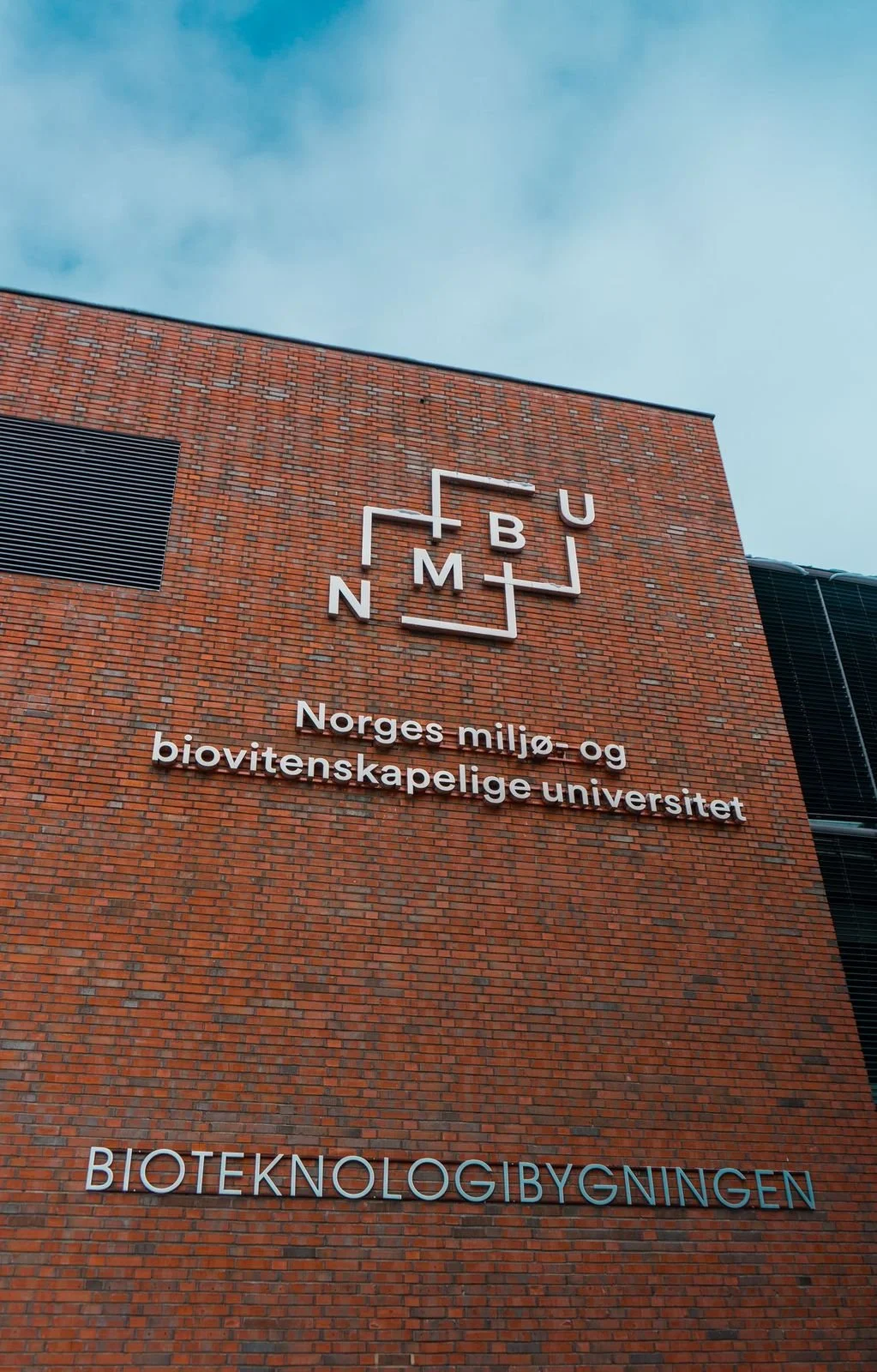MASTER’S MANIA AT KBM

MASTER’S MANIA AT KBM
Recently, there has been intense competition for fixed master’s seats and contracts for different supervisors and research groups at KBM. This competition is not limited to master’s students, as second-year bachelor students have also been securing master’s projects
Journalist: Celine Våga
Photographer: Ylva Heyn Friberg
For most students, the entire process leading up to writing a master’s thesis is challenging, not to mention a mental burden and stressful in itself. However, the stress of securing a master’s project early at KBM has reached a new level. The mania has been picked up by the study administration at KBM, and changes for master’s students are now on the way.
Master’s mania at KBM and concerns
In the spring of 2022, study advisors at KBM received concerns from students about choosing master’s projects. That same spring, they took action and forwarded the students’ concerns as a case to SU, the study committee at KBM. The challenges addressed include the unnecessary stress that students feel when choosing a master’s project and the desire to create a fairer distribution of master’s projects. Study advisors also reduce the challenge that master’s students coming from outside NMBU face in the competitive master’s environment at KBM.
There are several ways to change the existing system. Both study advisors and SU have looked at and compared how distributions are made in other faculties such as the School of Economics and Business and the faculty of Science and Technology, as well as looking to NTNU for inspiration. Distributions based on motivation letters and grades have been suggested, there are many possibilities, but not all are equally relevant. There are several factors that need to be taken into consideration when the study department addresses the concerns and makes changes.
Adressing the problems
The study administration at KBM has been aware of the challenge and has previously received some feedback on it. SU leader at KBM, Åsmund Røhr Kjendseth, explains that in the fall of 2022, they began to address the issue and put together a task force to develop solutions to the problem. The task force consists of the SU leader, the PR leader for KBM, study advisers, and two student representatives.
That same fall, a mandatory activity for all master students at BIOTEK, MASTER301, was also established to strengthen students’ knowledge of what it means to write a master’s thesis and provide a preview of the research happening at KBM. This is done to facilitate for the student starting the master process at a more appropriate time, the fall they are accepted to their master’s program.
From the left: Heidi Rudi and Åsmund Kjendseth
The new system
At KBM’s SU meeting in January, a new system for choosing master theses was adopted. With this new system, they believe that the challenges surrounding the master mania can be addressed. Kjendseth further explains that third-year students will receive an orientation from the study advisers about the new system in March. This new system will apply to master admissions made this summer and will look something like this for future master students at KBM:
Relevant projects will be available online from around June 1st.
On August 18th, all supervisors will present their available projects at a stand in Vrimlehallen (both internal and external).
From August 18th to September 1st, students can prioritize three to five projects.
In early September, a lottery will be conducted for projects in cases where several students want the same project
The purpose of this new system is to ensure that no one can make agreements in advance, and that supervisors cannot reject students who do not have grades that meet the supervisor’s expectations. “The study administration at KBM hopes this will provide students with increased security and that the process for choosing a master’s thesis will be fairer,” Kjendseth concludes.
Listening to the students
Study advisor Heidi Rudi says they are happy that the students are engaged and speak up when something is not working. The student’s voice was represented early in the process and the input they had for the SU was taken seriously. Student representative in the working group, Jenny Skjermo Telstad, says the students are happy that their request was taken seriously and that measures were quickly put in place. “We feel heard,” Jenny commented.
Although the new system has not yet come into effect, Jenny thinks it is a great initiative and the cleanup of the old non-optimal system is good. She herself has experienced the stress surrounding the choice of a master’s thesis, an experience she confirms several other fellow students have also experienced. “Already in August of the first year of the master’s program, many research groups at KBM that offer master’s theses were full, as students had made agreements with them before they were even admitted to the master’s program,” says Jenny. She also talks about the particularly unfair position bachelor students outside NMBU found themselves under the old system.
“I, and the students I have talked to, are very positive about the new system and believe it will solve many of the problems and lower the stress level that has been present before,” says Jenny. Many students see the new system as fairer and that everyone is on an equal footing when the choice of a master’s thesis is made. Jenny adds that having a proper system with set deadlines clarifying when to actually choose is good.
Because the new system is brand new, adjustments to the system will probably have to be made. Based on the experiences that the master’s students now have, the feedback that comes in will be important to ensure that the situation continues to move in the right direction.



